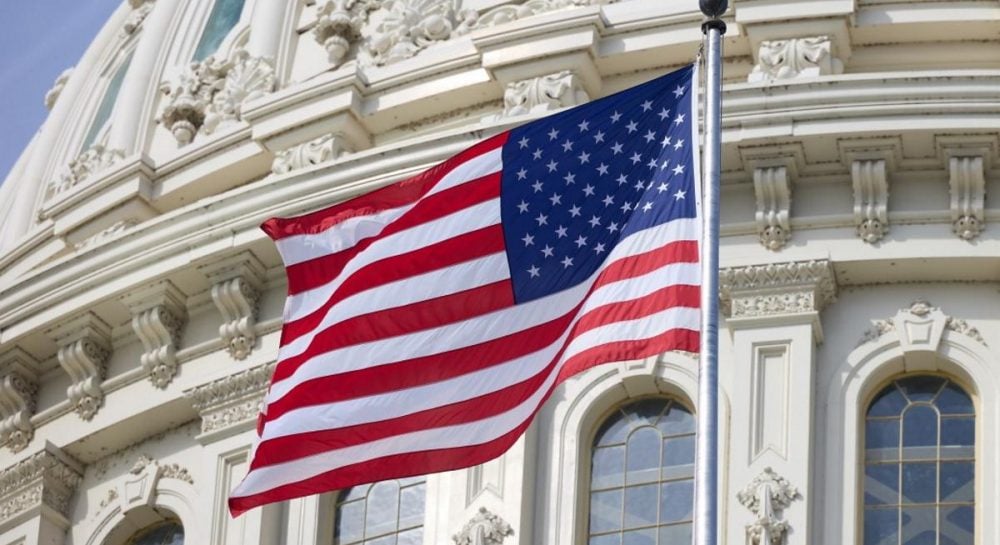The proudest boast of British law is open justice – that the public is entitled to know how and to whom justice is being applied. In the case of persons dealt with by police for breaching health regulations, and in Downing Street no less, the public interest in that knowledge is overwhelming. Yet the College of Policing, an obscure Home Office body with no legal standing, has decreed that the identities of people dealt with by fixed penalties should not be released or confirmed.
For this reason, the public will not learn who in Whitehall has been issued with penalties for breaching Covid rules which most citizens have made sacrifices to obey. The alleged miscreants have effectively been offered a devious deal: they have been invited to accept a fixed-penalty notice although it may be based merely on suspicion. If they pay up, no one will know, but if they choose to fight it in court, and prove the police mistaken, they will be identified. This deal means that silence will usually prevail, preventing the press and the people from identifying those public servants prepared to break the law for some kind of personal pleasure.
This secrecy is not required nor justified by law. The College of Policing has no statutory basis – it has been established by the Home Office as an ordinary company. It gives useful guidance on qualifications and training of the constabulary, but it shows no concern for media freedom. Last year it was condemned by the Court of Appeal for telling police to record as a “criminal incident” cases which were not criminal at all but which police suspected to have been motivated by racism. The court struck down this guidance because it had “a chilling effect on the legitimate exercise of freedom of expression”.
The same can be said for its guidance designed to cover up the identities of those fined for attending Whitehall parties, for which there is no legal basis. Article 8 of the European Convention on Human Rights may state that “everyone has the right to respect for his private and family life, his home and his correspondence”, but how can that be stretched to cover up breaches of the law by those attending parties in the office and home of the Prime Minister, even perhaps with his participation? An obscure body of secret policemen does not have the power to decide, and it is ironic that such an assertion should be made in the week that Dominic Raab, the Justice Secretary, has promised to legislate in favour of free speech.
Without knowledge of who gets fined and who does not, it will be difficult to assess whether the Met’s investigation has been fair or whether it is another example in Westminster of “throwing the juniors under the bus” or blaming a few “bad apples”. Nor will we know whether the Met has improved since the incompetence and stupidity displayed by its senior officers during Operation Midland.
So what is to be done? The Home Secretary should countermand the police decision and Parliament could require the release of Sue Gray’s unredacted report which was withheld seemingly after unjustified police pressure. The media, alternatively, might obtain (as lawfully as possible) the list of those persons issued with fixed-penalty notices and publish that list. Persons thus identified may well have been wrongly or unfairly accused: they should refuse to pay the fine and wait to see whether the police bring them to court (a decision that, quite wrongly, the Crown Prosecution Service will not make). Then they can contest the charges before courts that will be sympathetic to any evidence of discrimination against junior officials or those who attended at the direction of their superiors.
I don’t particularly care if my neighbour parks his car on double yellow lines. But if my neighbour holds or attends parties which constitute a health risk in the eyes of the law, especially if they were involved in writing the rules, I want to know. I need to know and I’m entitled to be told. It is absurd for this country to deal with such dissimilar offences by a fixed-penalty system which relies on secretive judgments made by police, unsupervised by the CPS. It is wrong to abandon an open justice principle that is the bedrock of our criminal law.
Geoffrey Robertson QC is head of Doughty Street Chambers, and author of Bad People: And How To Be Rid of Them




